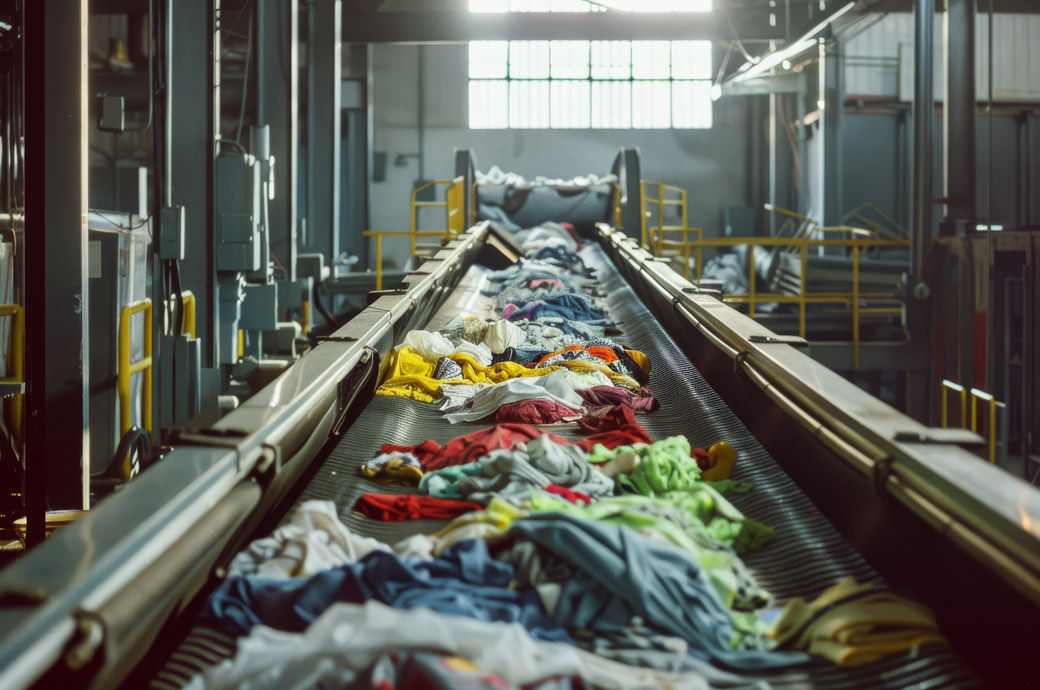
Experts are urging the formalization of Bangladesh’s textile waste management system, emphasizing the need for alignment with European Union sustainability regulations to mitigate political and economic tensions, as well as prevent labor unrest. According to industry specialists during a recent sustainability discussion focused on the country’s ready-made garment (RMG) sector, technology transfer, appropriate financing, and a robust national strategy for textile circularity are critical. The next five years are identified as pivotal by the EU Delegation to Bangladesh.
The current informal textile waste management approach in Bangladesh is deemed insufficient, and a structured policy framework could potentially generate millions of jobs within the recycling industry while decreasing the nation’s dependence on imports. Abdur Rahim Khan, the additional secretary in the Ministry of Commerce and head of the export wing, acknowledged that textile waste played a significant role in previous labor unrest and stressed the urgency for effective waste management policies.
In alignment with the EU’s Strategy for Sustainable and Circular Textiles, the transition from a linear to a circular production model is deemed essential by Bernd Spanier, the deputy head of the EU Delegation to Bangladesh. This transition would ensure that textiles are created without hazardous substances and are produced in an environmentally sustainable and socially responsible manner.
Moreover, there is a pressing need to reform regulatory frameworks, as existing regulations such as the National Environmental Policy, Solid Waste Management Rules, and the Bangladesh Labour Act do not adequately meet the emerging EU and global standards for sustainability in textile manufacturing and waste management. The dialogue was part of the ‘SWITCH to Circular Economy Value Chains’ project, which is co-funded by the EU and the Finnish government, and is led by the United Nations Industrial Development Organisation. Collaboration on the initiative included various organizations such as the Bangladesh Garment Manufacturers and Exporters Association and the Global Fashion Agenda.






